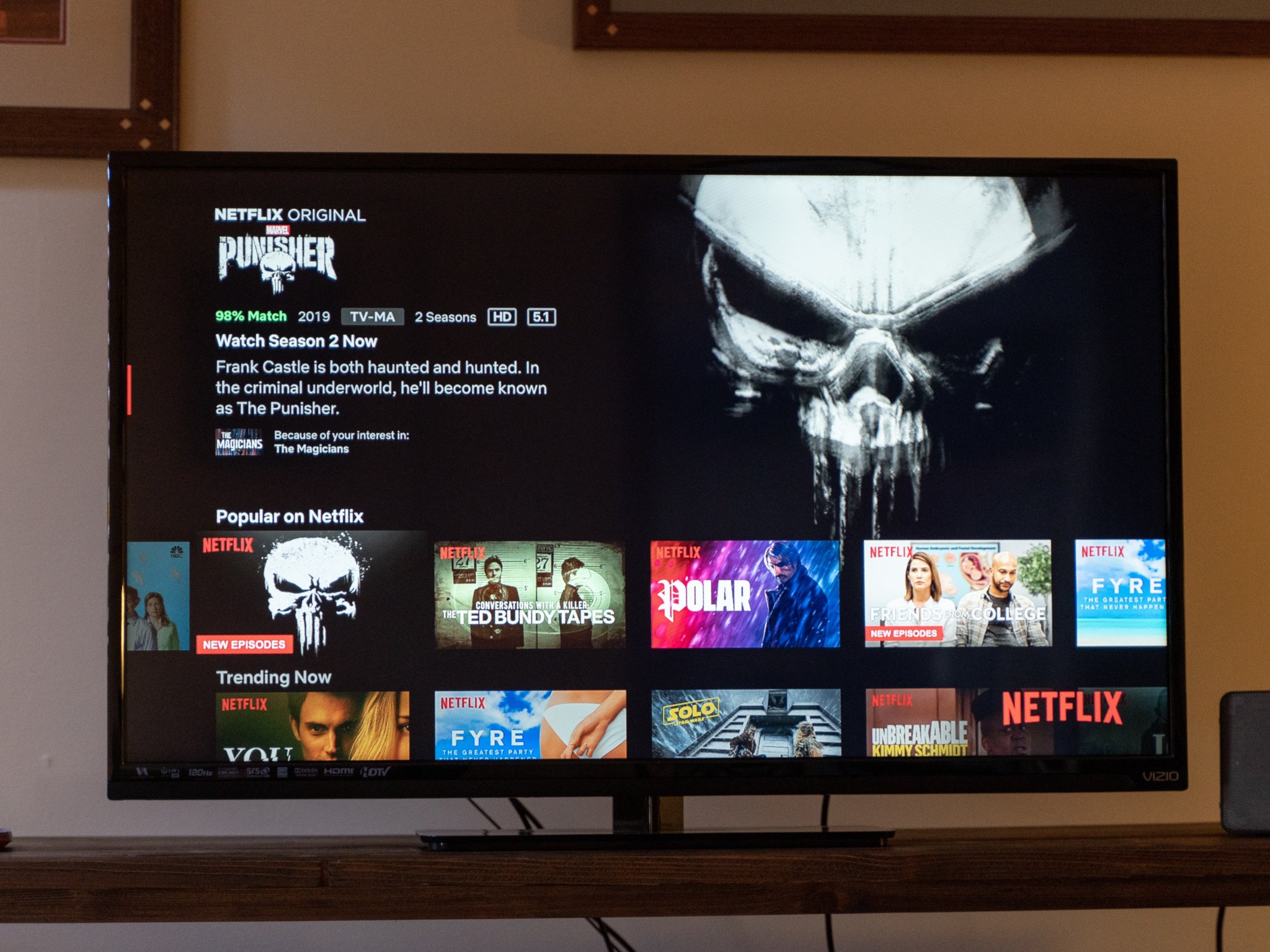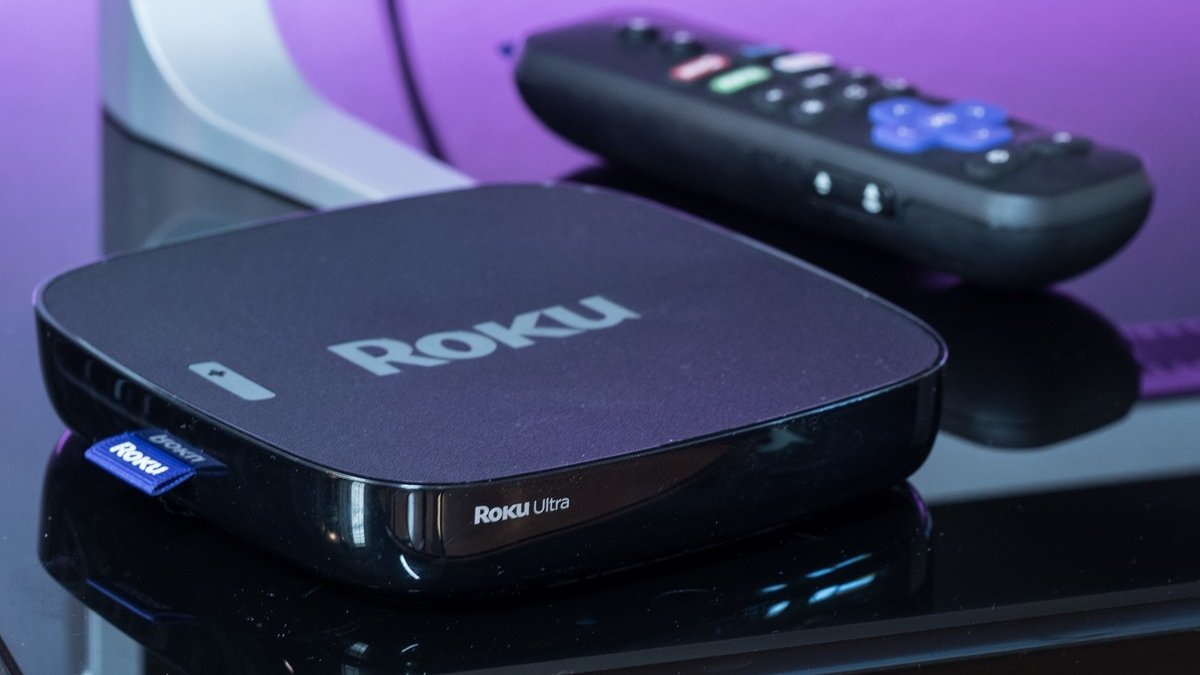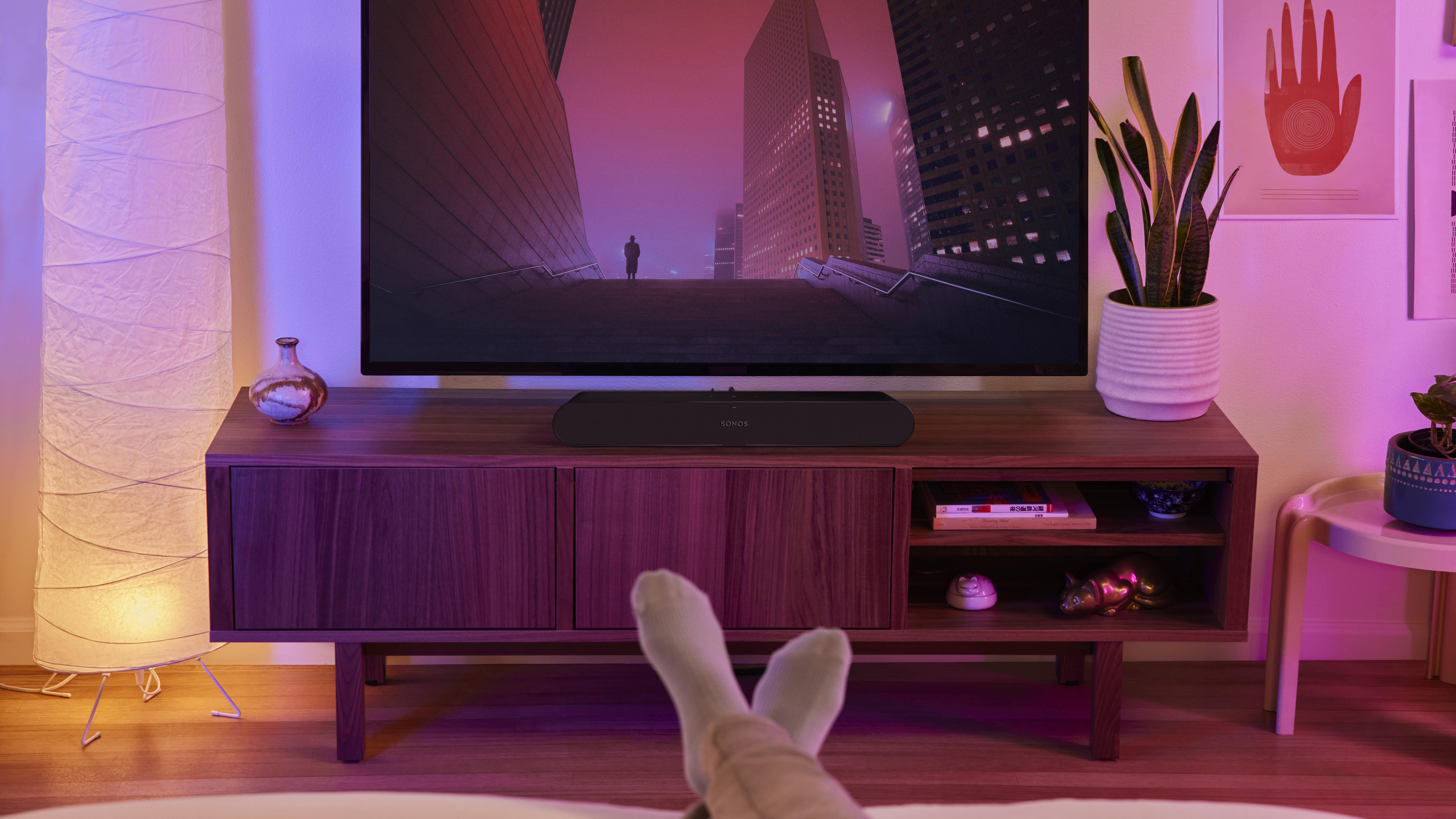A Roku-Netflix potential partnership makes the most sense in 2022
Though Roku shouldn't limit itself to just Netflix and likely has the most to lose if it does so.

Analysts suggest that a Roku-Netflix partnership would likely be a lot more compelling right now than in 2009 (when it split up) because of the vastly different streaming environment that 2022 poses. They add that the only downfall would be for Roku, which could potentially lose its other partnerships.
Last week, rumors floated about the potential partnership between Roku and Netflix. These rumors were largely in response to Roku’s plummeting stock price as demand falls for streaming devices.
While the move would help Roku, it would also be ideal for Netflix as it prepares to launch an ad-supported tier. The streaming platform recently saw its first subscriber loss in a decade, losing 200,000 subscribers in Q1, and is on track to lose 10x as much in the current quarter.
A reminder, Roku, which is one of the best streaming devices, started at Netflix in the early 2000s, when founder Anthony Wood worked on a streaming device while at Netflix. But in 2009, before a product was launched, the company spun off over fears that it would impede Netflix’s availability on competing streaming devices.
Avi Greengart, president and lead analyst at Techsponentialk, doesn’t necessarily think the timing is critical but says that in 2022, Roku has become a “vastly different company now, with a completely different business model than when it started as an OTT set-top box manufacturer.”
He says that a partnership between the two companies now would potentially help Netflix get a new audience, revenue stream, and infrastructure for its own planned ad-supported service.
“Netflix is not a tech company; it is a content creator. If it can keep costs in check and create great content, it will thrive. Roku got stuck with a post-pandemic hit to its growth, but it mostly just needs to keep executing through the downturn,” he says.
Be an expert in 5 minutes
Get the latest news from Android Central, your trusted companion in the world of Android
Carmi Levy, a technology analyst, based in Canada, agrees and adds that the streaming landscape in 2009 was far simpler. Levy explains that as we see Netflix’s subscriber count decline and Roku’s growth curve flattening, now is a time when they need to turn to each other.
“Netflix and Roku need each other in 2022 far more than they ever did back in 2009,” he says. “Consumers were cutting the cord in droves, and Netflix stood virtually alone as the iconic brand of the moment. There literally was no significant competition, and Netflix could have easily continued to enjoy meteoric growth even if it hadn’t partnered with Roku.”
The partnership can’t be a simple band-aid solution

Levy notes that while both companies are trying to figure out how to regain their value, they need to ensure that they’re not doing something that’s a “simple band-aid solution.”
“Relying strictly on subscriber revenue may have worked when the future was limitlessly bright,” he says. “But amid today’s flat-growth, intensely competitive marketplace, Netflix has no choice but to add advertising revenue into the mix. And turning to Roku to quickly turn it into an actual offering is the least-risk, fastest-timeline option available, as both companies already have a legacy of working together, and could accelerate their partnership more aggressively because of it.”
Roku stands to suffer the most in this potential partnership

While it may seem that Roku desperately needs Netflix to bring back sales, Anshel Sag, a Moor Insights & Strategy senior analyst, says it has the most to lose.
“Netflix is a competitor to many of Roku’s partner streaming services. Roku is still fundamentally a platform for streaming services, and by reunifying with Netflix, it effectively becomes far less independent in the eyes of the other streaming services that it supports,” he says.
In fact, Sag says that Roku should partner deeply with more streaming services and try and offer a higher-end product for streaming as well.
“I don’t necessarily think Roku and Netflix should merge, but I can see why both companies are struggling, and unifying together gives them a chance to compete with the more vertically integrated Amazon and Apples of the world,” he says.
Is partnering with the likes of Sonos or Spotify a better option?

Back in May, Sonos launched the Sonos Radio service on the web that features 45-minute samples from some of its channels, as well as individual shows and mixes. The company also announced a new voice assistant along with a new soundbar product. Sonos Radio was first launched as an ad-supported music service on its speakers in April 2020 and later launched an ad-free premium tier.
Sag says it may be a viable option to partner with the likes of Sonos or even Spotify, but that Netflix is the most obvious and largest potential and historic opportunity.
Greengart agrees that it would be interesting to see Roku try to partner with either company but says there are challenges to such partnerships.
“Both would be interesting, but Spotify is more challenged than Netflix on its core metrics, and while Sonos is diversifying into streaming and advertising, it monetizes premium hardware sales, which is the opposite of Roku’s hardware business model,” he says.
In fact, Levy posits that Roku shouldn’t limit its partnership with only Netflix and should branch out to as many streaming partners as possible to succeed.
“The last thing that Roku should do is tie its fortunes to only one streaming service. Ubiquity is the key for a player like Roku, while exclusivity potentially exposes the company to additional - and unnecessary - future risk. As the barriers between video and audio content continue to blur, once-music-centric services like Spotify and Sonos are well-positioned to capture the attention of consumers increasingly concerned about getting the most value for their monthly subscription dollar,” he says.
That being said, Levy says that if Netflix and Roku did play their cards right, they would emerge from their respective crises with a more diversified business road map and greater resiliency to withstand future shifts.
“They’ve been able to get away with decidedly non-diversified business models for over a decade precisely because open-minded growth allowed it. Those days are over now, and their best path forward could very well be together again,” he adds.

Shruti Shekar is Android Central's Editor-in-Chief. She was born in India, brought up in Singapore, but now lives in Toronto. She started her journalism career as a political reporter in Ottawa, Canada's capital, and then made her foray into tech journalism at MobileSyrup and most recently at Yahoo Finance Canada. When work isn't on her mind, she loves working out, reading, watching the Raptors, and planning what she's going to eat the next day.
